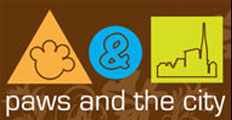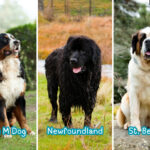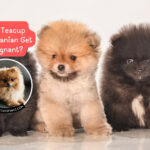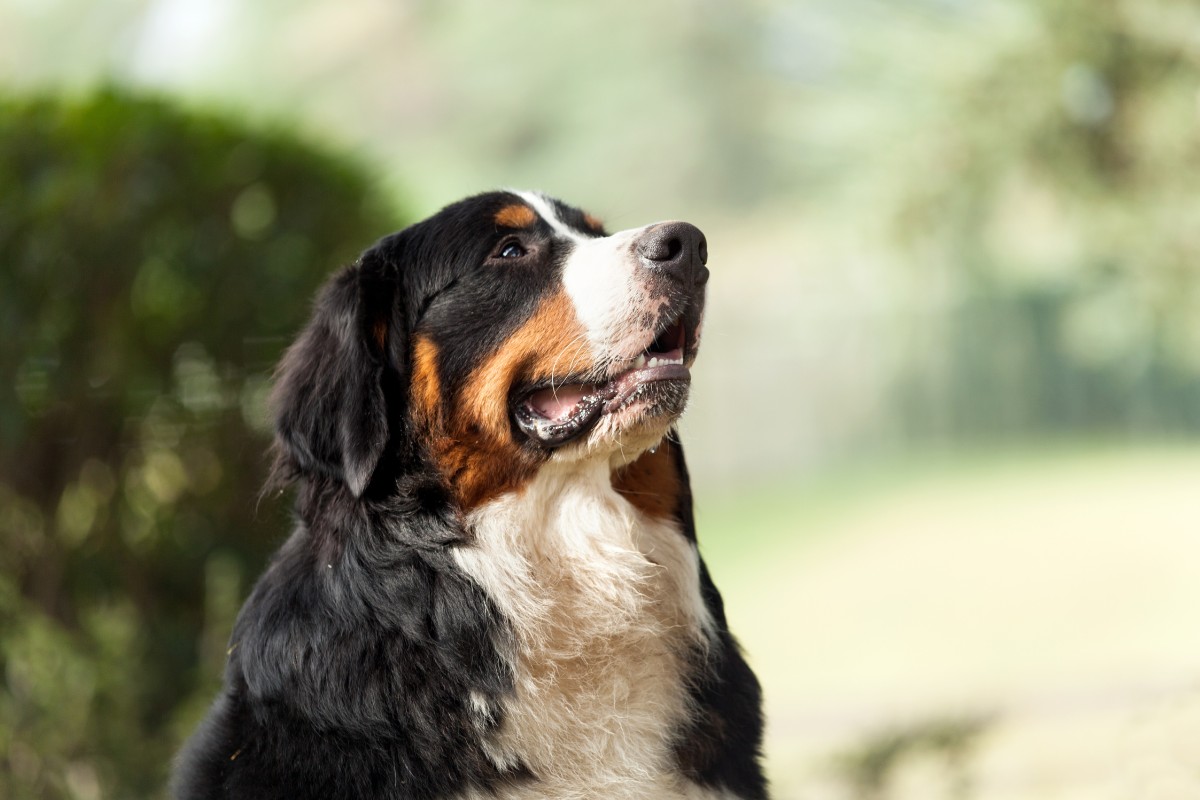 8 Nov
8 NovDo Bernese Mountain Dogs Drool?
If you’re considering bringing one of these furry companions into your home, or if you’re simply curious about their habits, you may be wondering about their tendency to drool. It’s a common question among potential dog owners, and it’s important to get the facts straight.
Yes, Bernese Mountain Dogs can drool, although they are not known to be the heaviest droolers compared to other breeds. This behavior can vary from one Bernese Mountain Dog to another and is typically influenced by factors such as their physical characteristics, especially their jowly cheeks, and external stimuli like the sight of food or exercise. Understanding the drooling habits of Bernese Mountain Dogs can help owners manage it effectively.
Bernese Mountain Dogs are a unique breed with many lovable traits, but like all dogs, they have their own set of behaviors that might surprise the uninitiated. In this post, we’ll focus specifically on whether Bernese Mountain Dogs drool, its reasons, and what you can expect if you decide to share your life with one of these endearing animals.
As a seasoned dog parent and enthusiast, I’ve seen my fair share of slobbery mouths and wet chins. Drooling is a natural canine behavior, yet its presence and extent vary widely from breed to breed. In the case of Bernese Mountain Dogs, there’s a spectrum of drool-worthy moments to consider.
So, if you’re ready to learn more about the drooling habits of Bernese Mountain Dogs and how they might impact your daily life with them, keep reading.
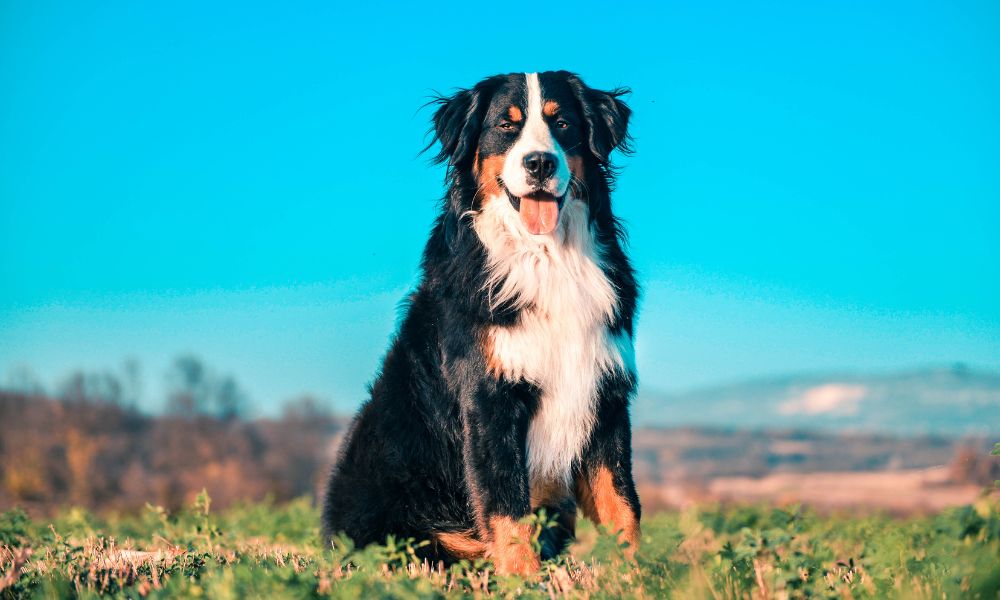
Overview Of Bernese Mountain Dogs
History and Origins of Bernese Mountain Dogs
The Bernese Mountain Dog, known in their native land as the Berner Sennenhund, hails from the Swiss mountains. Their lineage dates back over 2,000 years, with roots as farm dogs in the Swiss Alps. Originally, these dogs were bred for herding cattle, pulling carts, and serving as loyal companions to the farmers in the region of Bern, hence their name. Their strength, intelligence, and versatility made them indispensable to the farmers and artisans of the past, and they continue to capture hearts with their endearing qualities to this day.
Physical Characteristics Relevant to Drooling
Bernese Mountain Dogs are a large and sturdy breed, with a distinct tri-color coat that is thick and slightly wavy. Their physical build includes a broad head and a strong, muscular body. Their cheeks, not excessively jowly but still somewhat loose, can contribute to drooling.
These dogs possess a sizeable muzzle with lips that can sometimes hold saliva, leading to drool, especially when anticipating food, excitement, or after drinking water. Despite this, their drooling is typically less than other large breeds with more pronounced jowls like the Saint Bernard or Mastiff.
Temperament and Behavior
Bernese Mountain Dogs are known for their calm and friendly disposition. They are affectionate with family members and are gentle with children, often displaying a patient and nurturing temperament. This breed thrives on companionship and enjoys being involved in family activities.
They are alert and observant, making them good watchdogs, though their nature is more to befriend than to aggress. Regarding training, Bernese Mountain Dogs are generally eager to please and respond well to positive reinforcement techniques. Their behavior is a balance of playful energy and placid moments, making them well-suited for various living situations, as long as they have space to roam and are given adequate attention and exercise.
Factors That Influence Drooling in Bernese Mountain Dogs
The following are the factors that can potentially cause drooling:
1. Dental Issues
Drooling in Bernese Mountain Dogs can often be a sign of underlying dental problems. Issues such as periodontal disease, tooth abscesses, or gingivitis can lead to excessive salivation. The discomfort and pain associated with dental afflictions stimulate the salivary glands, causing an increase in drool. Owners need to maintain regular dental check-ups and cleanings for their Bernese to prevent such issues.
2. Heatstroke or Overheating
Bernese Mountain Dogs are equipped with thick fur coats, which makes them susceptible to overheating, especially in warmer climates or during strenuous exercise. Overheating can lead to excessive panting and drooling as the dog tries to cool down. Ensuring your Bernese has access to shade, water, and rest, particularly on hot days, is crucial in preventing heatstroke.
3. Nausea and Related Conditions
Just like humans, when Bernese Mountain Dogs experience nausea, they may begin to drool more than usual. Nausea can be a result of motion sickness, digestive issues, or the ingestion of something they shouldn’t have. If nausea persists, it can be a sign of more serious conditions, so it’s important to consult with a vet if you notice this symptom alongside excessive drooling.
4. Anxiety and Excitement
Emotional states play a significant role in the drooling of Bernese Mountain Dogs. When these dogs feel anxious or extremely excited, their salivary glands might kick into overdrive. Situations like meeting new people, anticipating their owners’ return, or hearing the jingle of their leash before a walk can all trigger a slobbery response.
5. Presence of Food and Feeding Habits
The sight and smell of food are powerful triggers for drooling in nearly all dogs, and Bernese Mountain Dogs are no exception. Their anticipation of a tasty meal or treat can lead to increased salivation. How you feed your Bernese, including the use of slow feeders or interactive toys, may also play a part in how much they drool around mealtimes.
6. Exercise and Outdoor Activities
Physical exertion from play or exercise is another factor that can cause a Bernese Mountain Dog to drool. The act of panting helps dogs regulate their body temperature, and with panting comes increased salivation. During and after a bout of physical activity, it’s not unusual to see a Bernese Mountain Dog with a wetter muzzle than usual.
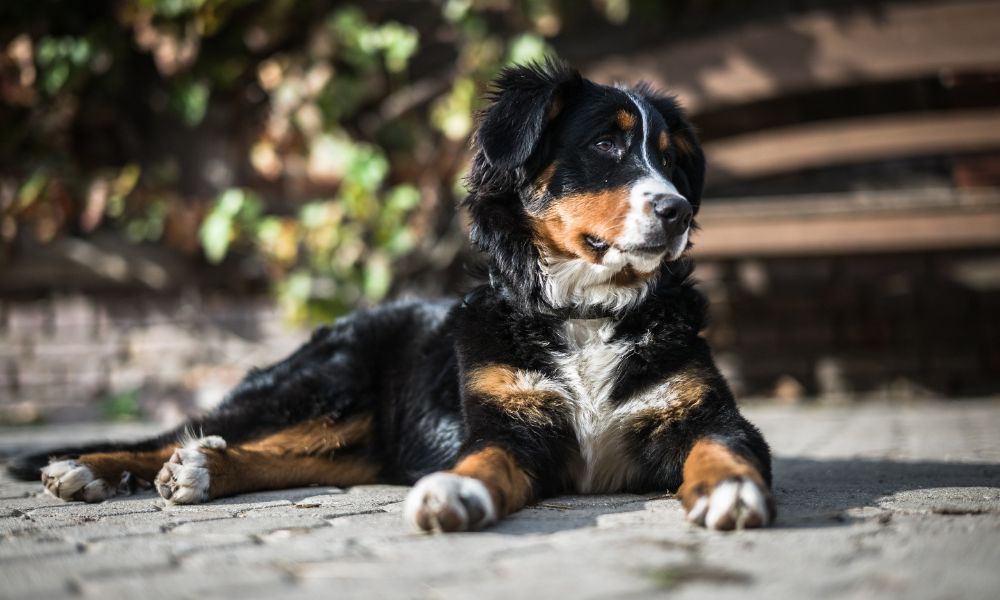
Managing and Reducing Drooling in Bernese Mountain Dogs
Tips for Managing Natural Drooling
While drooling can be a natural part of life with a Bernese Mountain Dog, there are strategies to manage it:
- Stay Hydrated: Ensure your dog always has access to fresh water. A well-hydrated dog may drool less than a dog who is not, as their saliva maintains a more consistent, thinner consistency which is less likely to drool excessively.
- Feeding Position: Feeding your Bernese from an elevated bowl can help minimize drooling. When a dog’s head is kept above its stomach, saliva can flow more naturally down the throat.
- Quality Diet: A well-balanced diet can aid digestion and reduce nausea-induced drooling. Avoiding overly fatty foods, which can be hard to digest, may also help.
- Regular Exercise: Regular, moderate exercise can help regulate body temperature and reduce stress-related drooling.
- Chew Toys: Chew toys stimulate a dog’s mouth and can help keep their saliva flowing inside their mouths, reducing the amount that ends up on your floors.
When to Consult a Veterinarian
There are certain situations when it’s important to consult a vet about your dog’s drooling:
- Sudden Increase in Drooling: If your Bernese starts to drool more than usual without an obvious reason, it could indicate a medical issue.
- Drooling Accompanied by Other Symptoms: If the drooling is accompanied by symptoms such as vomiting, diarrhea, lethargy, or loss of appetite, you should see your vet immediately.
- Changes in Saliva: Thick, sticky, or discolored saliva can be a sign of a health problem and warrants veterinary attention.
- Mouth Discomfort: If your dog seems to be in pain when eating or touching their mouth, they may have a dental issue that needs to be addressed.
Cleaning and Grooming Tips Specific to Drooling
Maintaining cleanliness can also manage drooling-related issues:
- Wipe Their Mouth: Keeping a towel handy to wipe your dog’s mouth after they drink or eat can help keep the drool to a minimum.
- Grooming: Regular grooming can help manage the drool, particularly around the mouth and jowls. Keeping the fur trimmed and clean may prevent saliva from sticking and matting the fur.
- Water-Resistant Mats: Place water-resistant mats or rugs under their food and water bowls to catch spills and drools, which can easily be cleaned.
- Furniture Protection: If your Bernese has a favorite spot on the couch or bed, use a washable cover to protect your furniture from drool stains.
Frequently Asked Questions
Do Bernese Mountain Dogs drool a lot?
Bernese Mountain Dogs do drool, especially in response to certain stimuli, but they are not considered excessive droolers compared to breeds with more pronounced jowls.
What causes a Bernese Mountain Dog to drool more than usual?
Increased drooling can be due to anticipation of food, excitement, stress, dental issues, overheating, or health problems like nausea.
Can drooling be a sign of something serious in Bernese Mountain Dogs?
Yes, if drooling is excessive and accompanied by other symptoms like loss of appetite, vomiting, or lethargy, it could indicate a health issue that requires veterinary attention.
How can I minimize drooling in my Bernese Mountain Dog?
You can minimize drooling by maintaining a cool environment, ensuring proper hydration, using elevated bowls for feeding, and keeping a regular grooming schedule.
